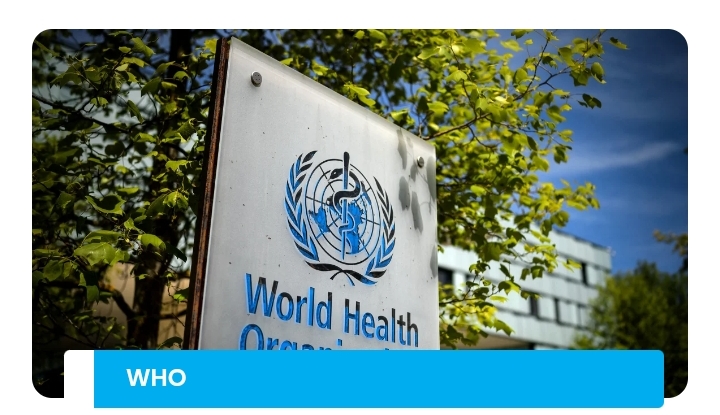A new report from the World Health Organization (WHO) has shown that corporal punishment remains alarmingly widespread and causes significant harm to children’s health and development.
Globally, an estimated 1.2 billion children aged 0–18 years are subjected to corporal (physical) punishment in their homes every year.
According to WHO, data across 58 countries show that 17% of children who experienced corporal punishment in the past month were subjected to its most severe forms, including being hit on the head, face, or ears, or being hit hard and repeatedly.
The report stated that the use of corporal punishment in homes varies widely across countries.
In schools, the practice is equally widespread. Across Africa and Central America, around 70% of children experience corporal punishment during their school years, compared with about 25% in the Western Pacific region.
It revealed that among children aged 2–14 years, parent and caregiver self-reported rates of corporal punishment in the past month ranged from 30% in Kazakhstan and 32% in Ukraine, to 63% in Serbia, 64% in Sierra Leone, and 77% in Togo.
Director of the WHO Department for Health Determinants, Promotion and Prevention, Etienne Krug, said that there is now overwhelming scientific evidence that corporal punishment carries multiple risks to the health of children.
Krug stated that corporal punishment offers no benefits to the behaviour, development, or well-being of children, and no benefit to parents or societies either.
He said, “It’s time to end this harmful practice to ensure that children thrive at home and at school.”
The report, entitled *Corporal punishment of children: the public health impact*, highlights that children most at risk of experiencing corporal punishment are those with a disability; those whose parents experienced corporal punishment themselves; and those whose parents struggle with substance use, depression, or other mental health conditions. Broader societal factors such as poverty, racism, and discrimination further increase the risk of corporal punishment of children.
The health consequences of child corporal punishment are profound and far-reaching. Beyond immediate injuries, the practice triggers harmful biological responses, including heightened stress hormone reactivity and changes in brain structure and function that can undermine healthy development.
Analysis across 49 low- and middle-income countries shows that children exposed to corporal punishment are, on average, 24% less likely to be developmentally on track compared to peers who are not exposed. The mental health toll is equally severe. Children subjected to corporal punishment face increased risks of anxiety, depression, low self-esteem, and emotional instability. These effects frequently persist into adulthood, manifesting as higher rates of anxiety, depression, substance abuse, and even contemplated, attempted, or completed suicide.
Corporal punishment carries wider societal consequences as well. Children who experience it are more likely to develop aggressive behaviors, struggle academically, and, as adults, engage in violent, antisocial, or criminal conduct. The practice also fuels a broader social acceptance of violence, reinforcing harmful cycles across generations.
Although many countries have banned corporal punishment, its continued use and the persistent belief that it is necessary demonstrate that legislation alone is not enough.
WHO stresses that legal measures must be paired with public awareness campaigns and direct support for parents, caregivers, and teachers to promote positive, non-violent forms of discipline.











